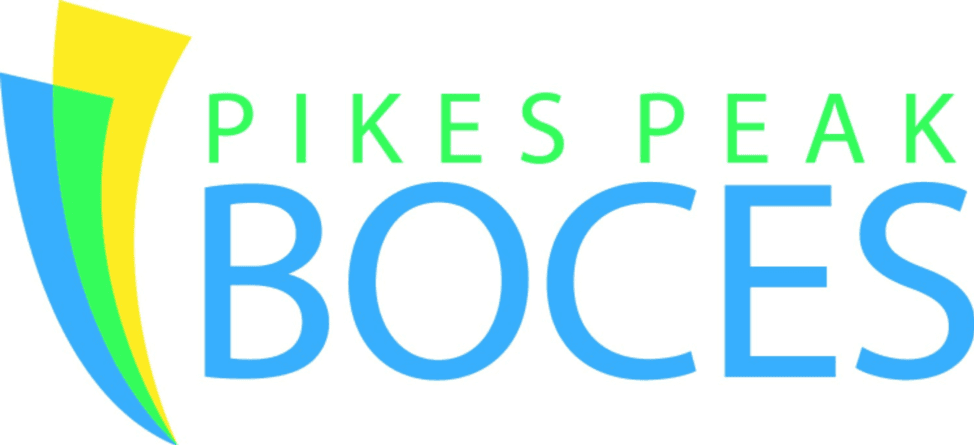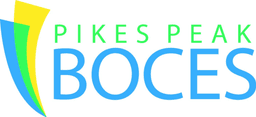
Two-Year Alternative Licensure Program
About
The Two Year Alternative Licensure Program (2YALP) is a partnership between the University of Colorado at Colorado Springs-College of Education and Pikes Peak Board of Cooperative Educational Services. Teachers earn a 1st year salary while working in the classroom as the Teacher of Record while attending classes on Saturdays to fulfill the necessary requirements to earn their license. Instructors in this program include people currently working in public education, university staff, CDE experts, as well as other professionals working in the field of K-12 education. Because we offer a curriculum that is rich in literacy instruction, research-based classroom strategies, and educating the whole child, the 2YALP is known across the state as one of the most put-together alternative licensure programs available.

Licensure/Alternative Licensure only
UCCS/PPBOCES Two Year Alternative Licensure Program
Start ChecklistProgram Info
Upcoming Deadlines
Deadlines
Program Start
Aug. 27, 2026
FallJan. 28, 2027
Spring
Get Deadline Reminders
Application Fee & Annual Tuition
Learn how to get$100 Back
and apply for a$1000 Scholarship
$7,000
In State Tuition
$30
Application Fee
Ways to Lower Your Costs
Students at Two-Year Alternative Licensure Program have reduced the cost of their program using these methods. Check with Two-Year Alternative Licensure Program to see if you can, too!
Payroll Deductions
Certain Districts in the Pikes Peak area support payroll deduction.
Licensure Areas
Dance K-12
Elementary Education K-6
English Language Arts 7-12
Family and Consumer Sciences 7-12
Instructional Technology K-12
Mathematics 6-8
Mathematics 7-12
Music K-12
Physical Education K-12
Science 7-12
Social Studies 7-12
Special Education K-12
Technology Education 7-12
Theatre K-12
World Languages K-12
Stats
Male
Female
34%
66%
American Indian or Alaskan Native
Asian
Black
Hispanic/Latino
Native Hawaiian/Other Pacific Islander
White
Two or more races
1%
3%
4%
10%
0%
80%
1%



